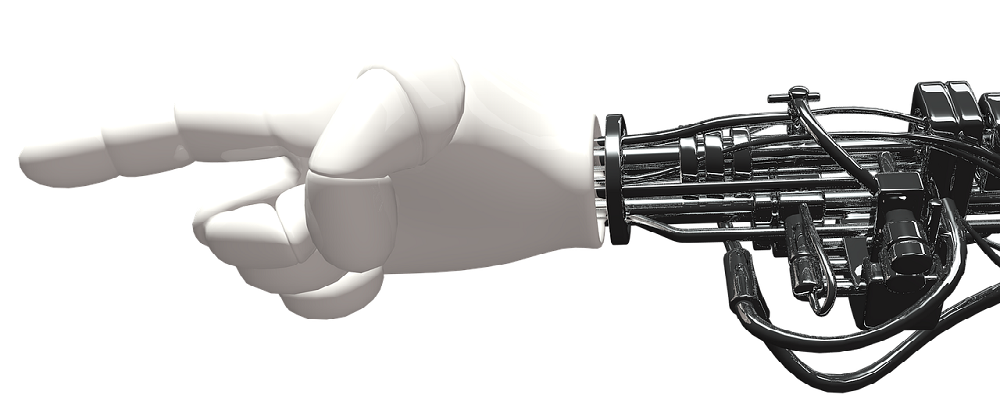Tech Giant AI Researchers Boycott Nature ‘Machine Intelligence‘ Journal
Renowned artificial intelligence (AI) experts from almost all of the tech giants are planning to boycott a new journal from Nature Publishing Group, which is widely regarded as one of the most influential science publishers in the world. Nature’s new Machine Intelligence Journal is due to be published for … More details

